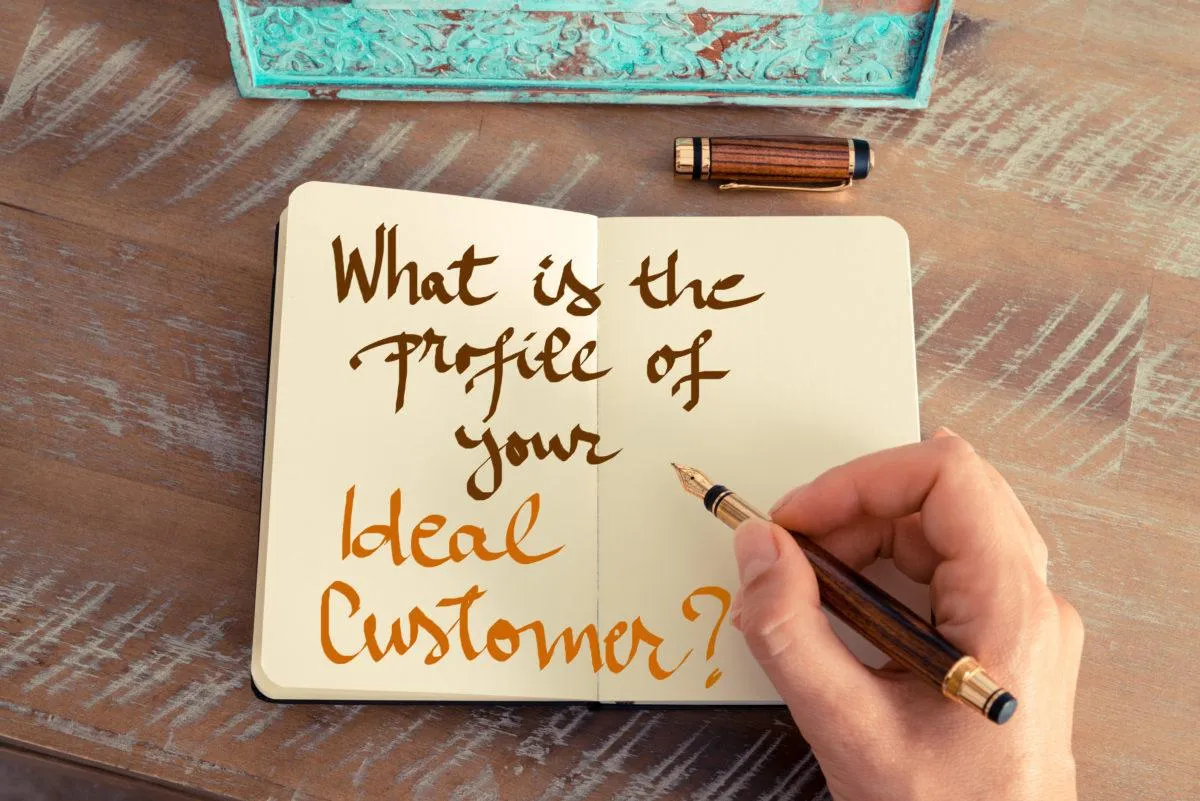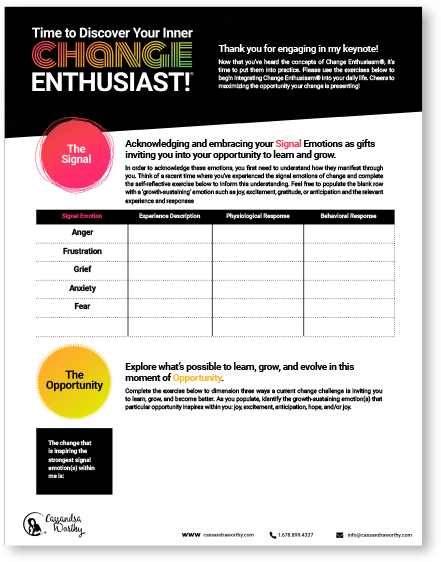

Transform Your Operational Chaos To Cash
Insights for Aspiring CEOs
Welcome to Leader's Lounge, your dedicated space for deep-diving into the world of female entrepreneurship. Here, you'll find a rich collection of articles tailored to inspire, educate, and empower you on your journey from solo entrepreneur to successful CEO. Whether you're looking for the latest strategies in business automation, tips on effective leadership, or ways to enhance operational efficiency, our blog is designed to support your growth and spark significant transformation. Dive in and discover how to turn your business visions into actionable realities while joining a community of like-minded leaders.**

Essential Tools to Help You Learn About Your Audience
Essential Tools to Help You Learn About Your Audience
In order for your business to succeed, you need to get to know your customers on a one-on-one basis. Since you can’t do that with hundreds or thousands of customers over the internet, tech tools can help you learn as much as possible about them.
What Do You Need to Know about Your Customers?
Demographics. Demographics tell you who your customers are and includes data such as age, geographic location, economic status, family make-up, and other data.
Psychographics. This data identifies psychological factors such as values, needs, beliefs, and issues the customer faces.
Buying Behavior. It’s especially important to look at how people make decisions about what they buy.
Analytics Programs
Analytics can help you get to know your audience. Google Analytics is a free tool offered by the world’s biggest search engine that offers a wealth of information on website visitor behavior. It tells you how people interact with your website, which pages they spend time on, what traffic sources direct them to your site, and much more. Through Google Analytics, you can discover things like which of your pages’ content is most interesting to your audience.
Take advantage of the analytics offered by any tool you use. For example, Facebook offers various data for its Pages.
Customer Relationship Management (CRM) System
Customer relationship management (CRM) programs help you collect and analyze a variety of data about your customers, including demographics and behavior. They track every interaction you have with your customers from initial inquiries to repeat purchases. This data is analyzed and presented to show trends that give you insights into your audience.
Online Surveys
If you can’t talk to your customers directly, you can do so virtually through online surveys. Tools like Survey Monkey allow you to create and run surveys where you ask your audience whatever you’d like. To get more responses, you can offer a discount or freebie as an added incentive.
Look at the platforms you use as well to see if they have survey functions. Many social media platforms offer built-in survey features.
Social Media Tools
Social media is a great way to learn about your audience. There are many tools that can give you insights from these platforms. Tools like Mention let you choose topics to follow since you can’t follow every single conversation. HubSpot has a free tool that uses social media to help you create a customer persona. Tools can help you analyze content and profiles for overall trends.
Don’t Forget the Personal Touch
In addition to the above tools, don’t forget to maintain the personal connection. Nothing is more valuable than the relationships you nurture with your customers. Keep channels of communication open and encourage them to reach out to you. Spend time interacting in a friendly way on social media. Use every interaction as a valuable opportunity to learn about the people you serve.
Do you want to learn more about getting to know your customers? Check out my course, The Profitable Customer Experience Journey, which teaches you the A to Z of creating an accurate and effective customer profile and helps you achieve your business goals.
https://cljamesconsulting.com/profitable-journey/


Join Our Mailing List
Each month I’ll perform a forward-facing ‘what-if’ analysis of a business to highlight potential opportunities or concerns. Get these and other business operations/strategy tips by adding your email address here


Join Our Mailing List
Each month I’ll perform a forward-facing ‘what-if’ analysis of a business to highlight potential opportunities or concerns. Get these and other business operations/strategy tips by adding your email address here


Take Home
Worksheet
Every keynote includes a worksheet to enable all of your attendees to put the concepts heard in the keynote into practice the very next day.
We will work with you to integrate these exercises with your existing post-event planning.